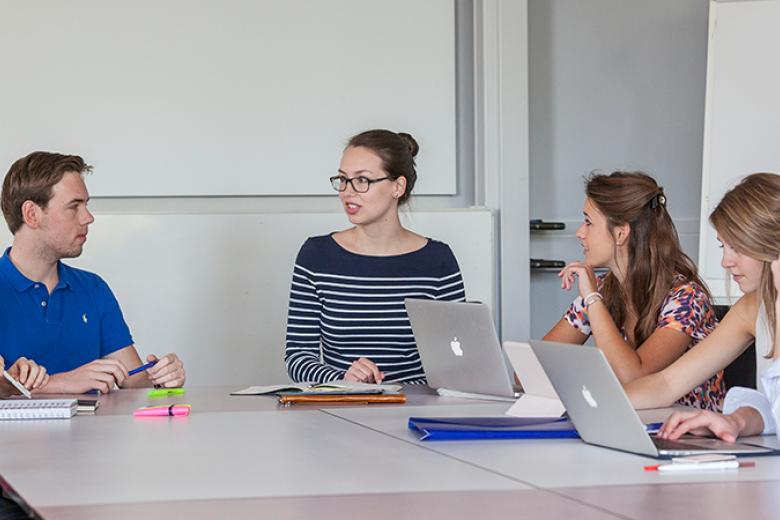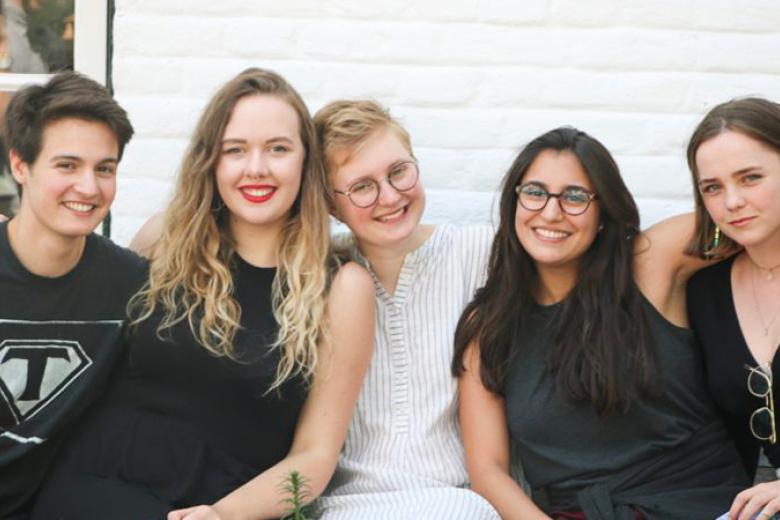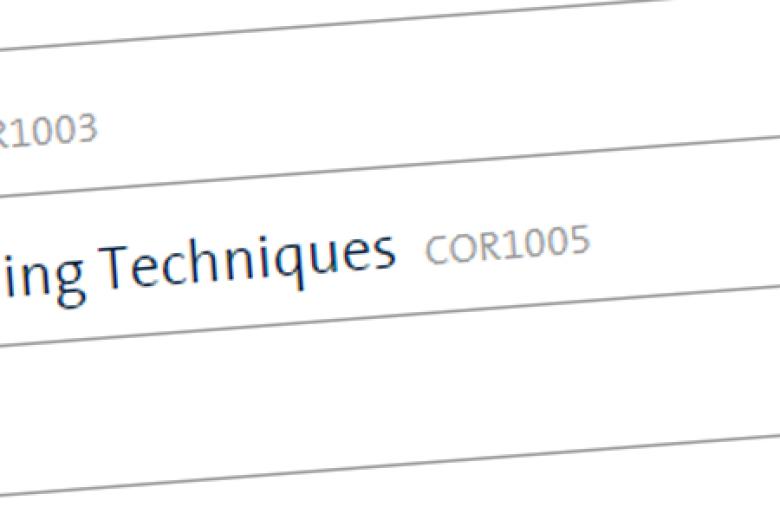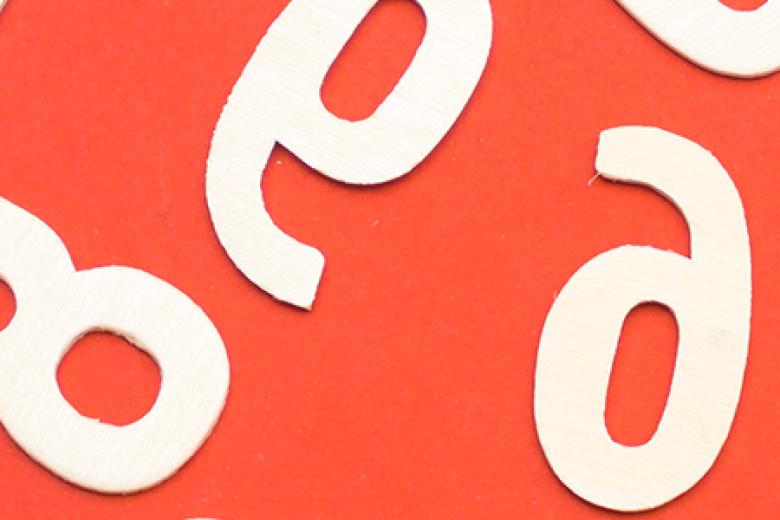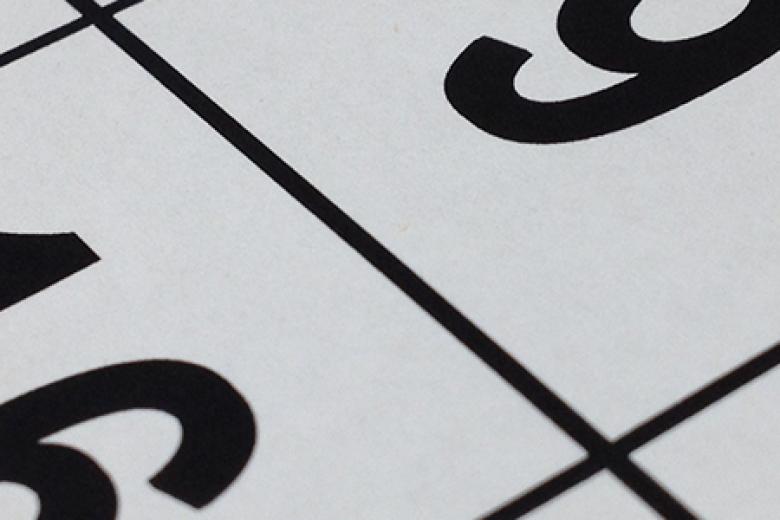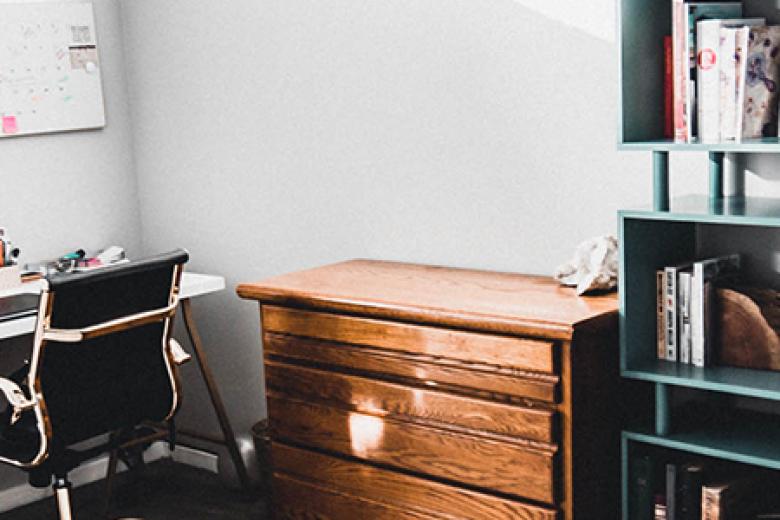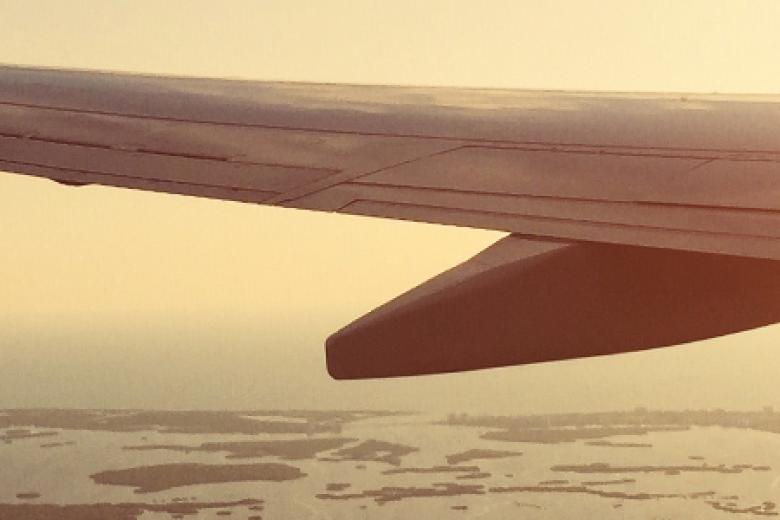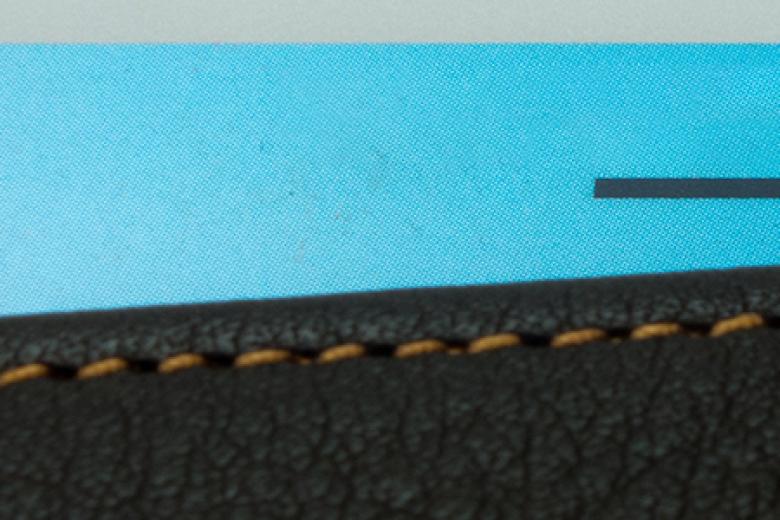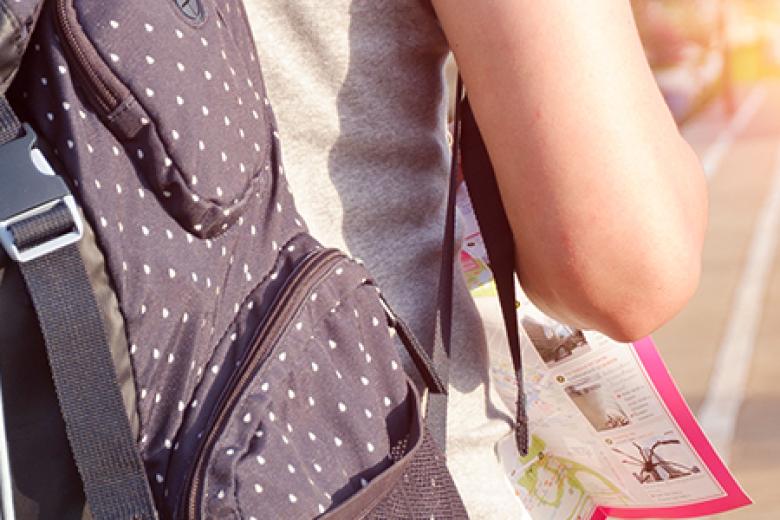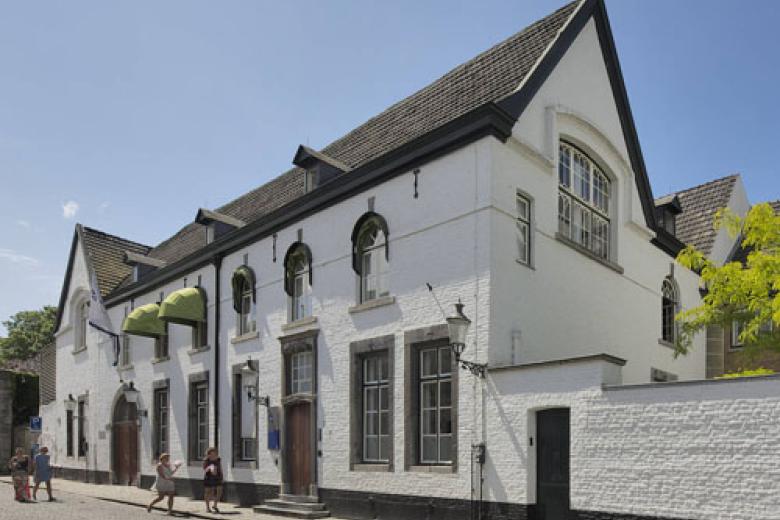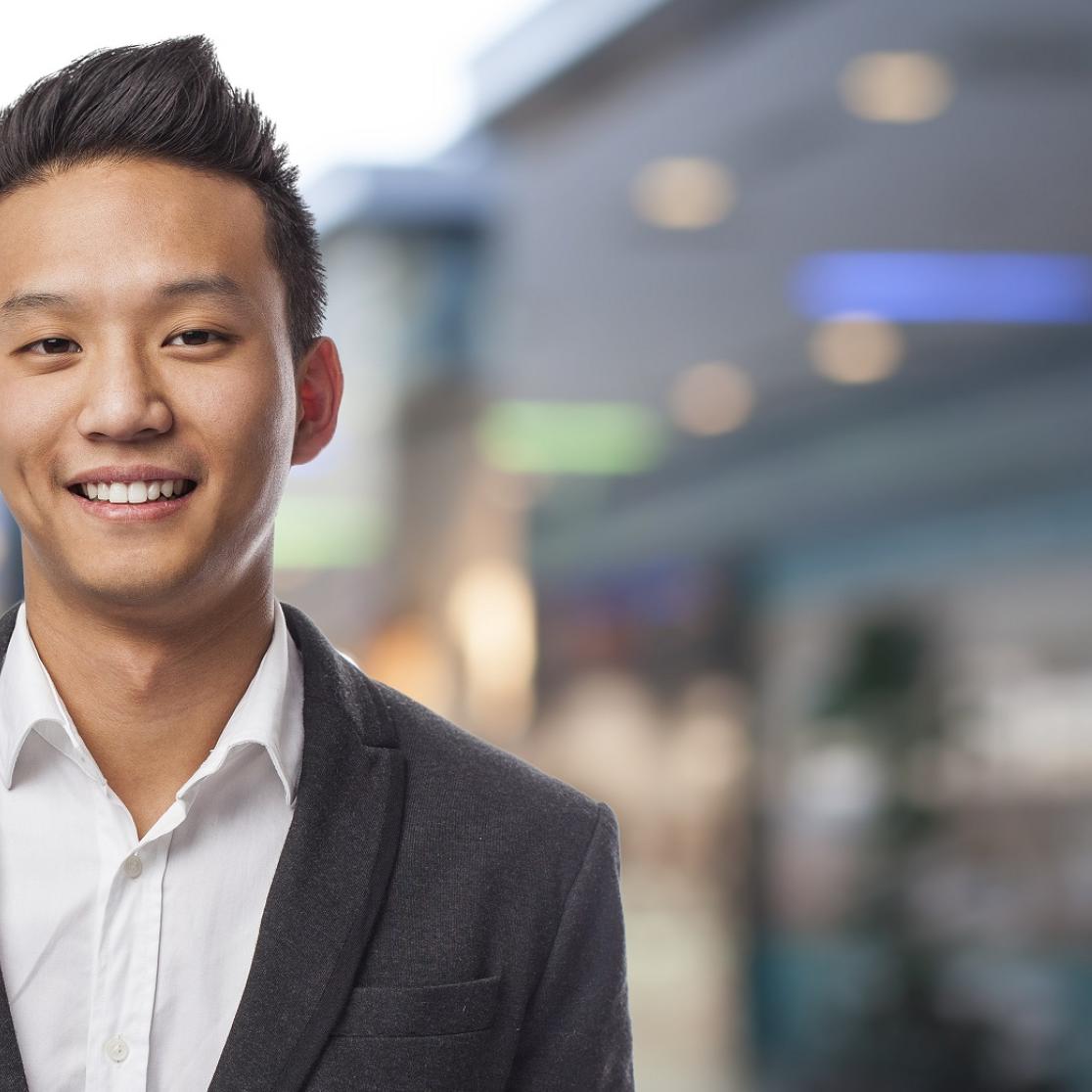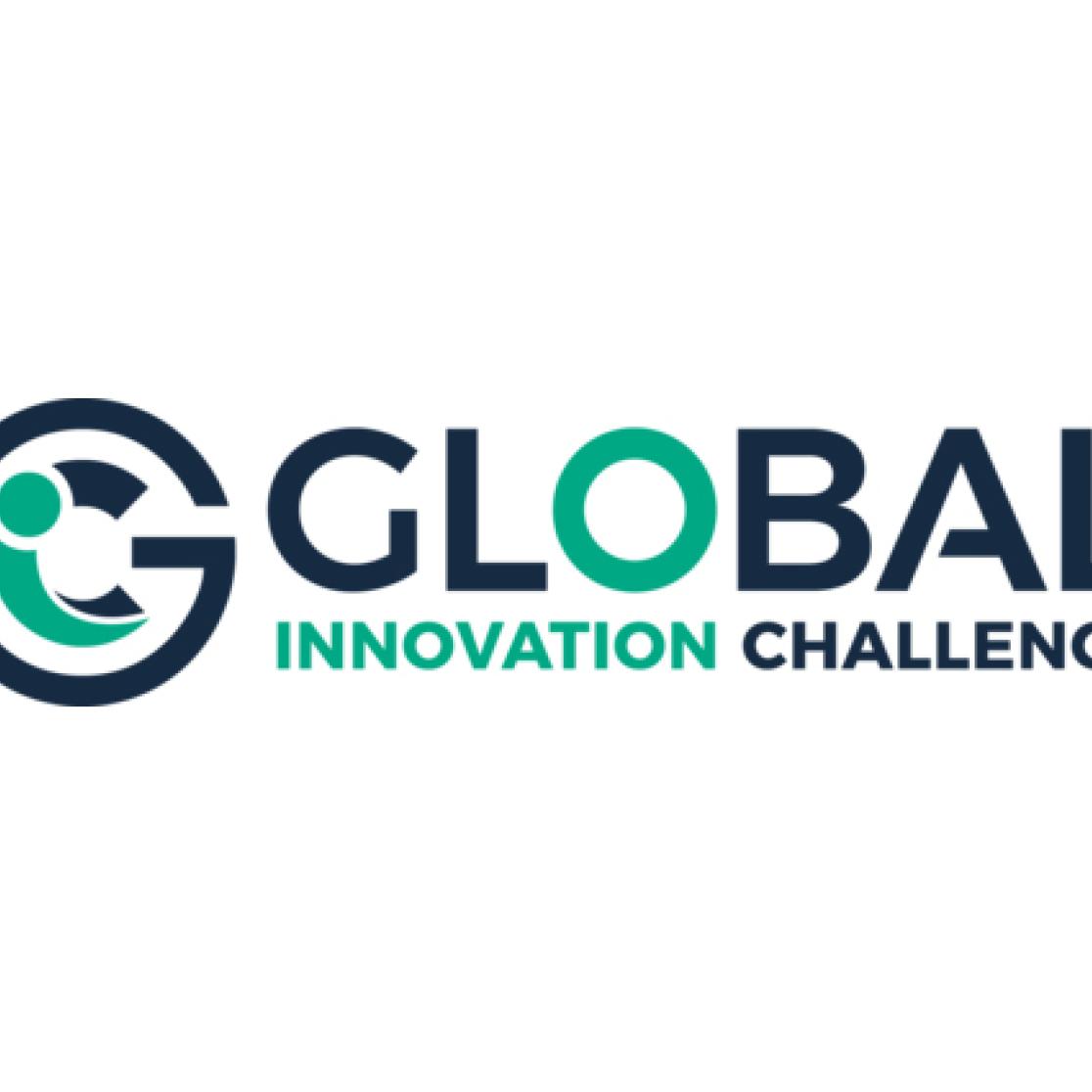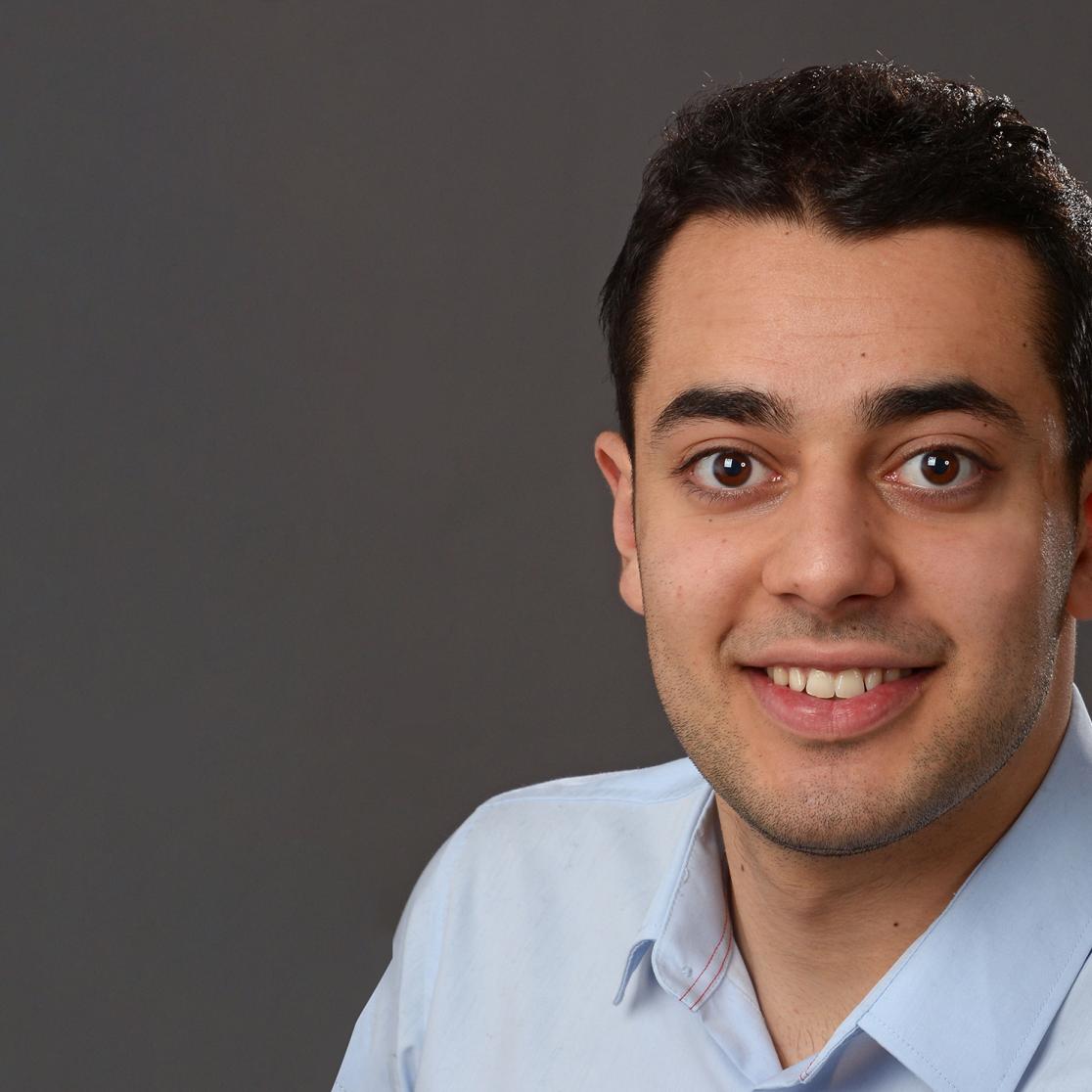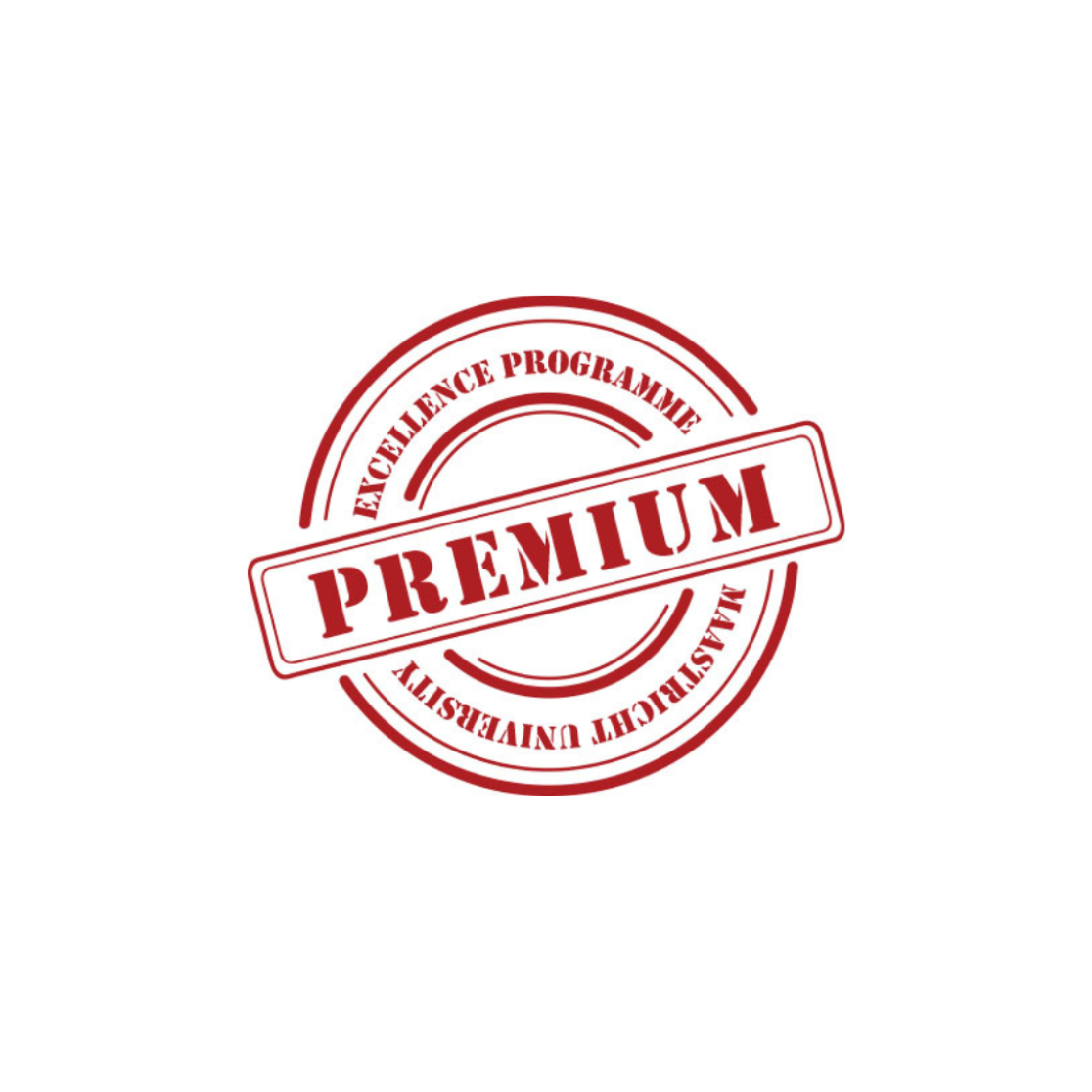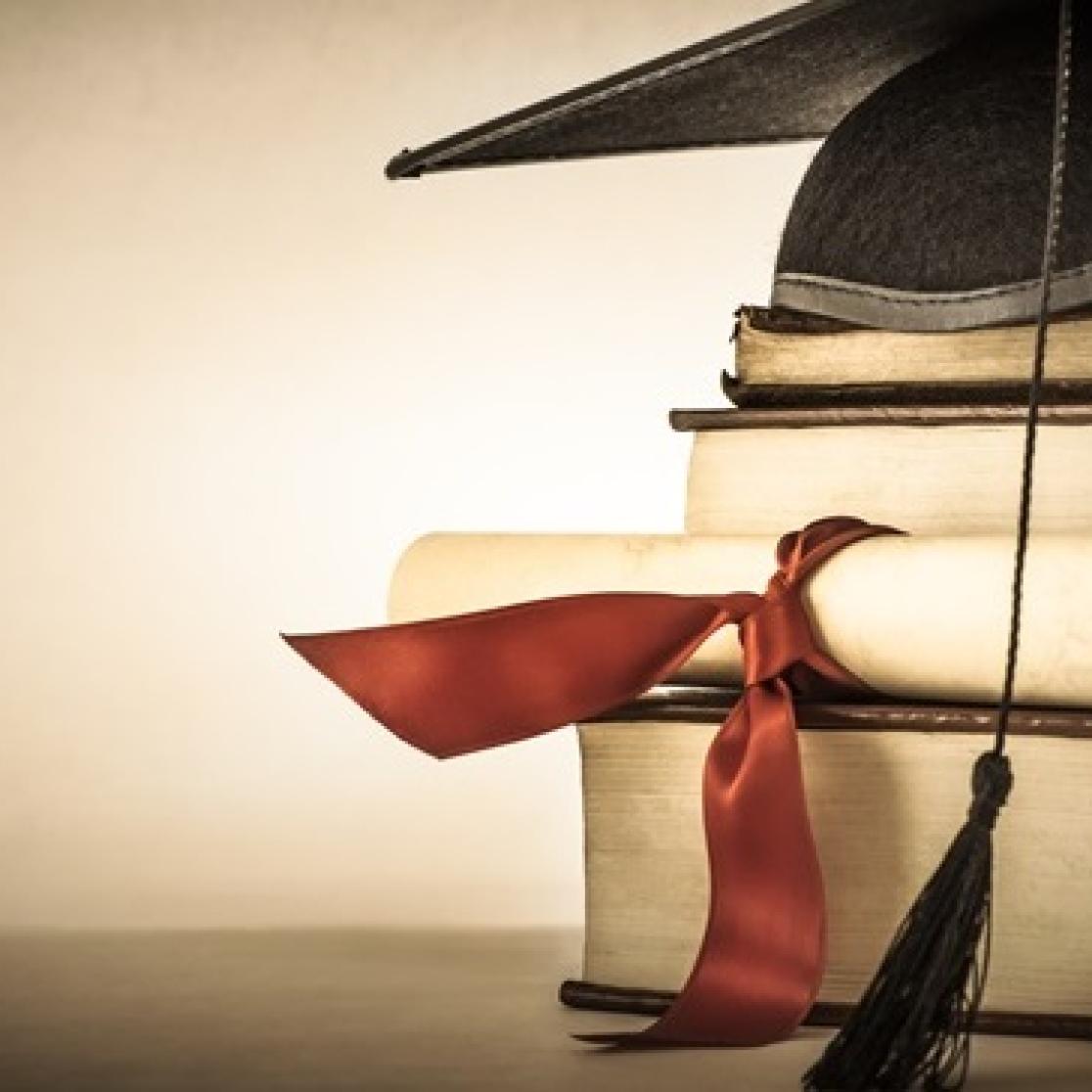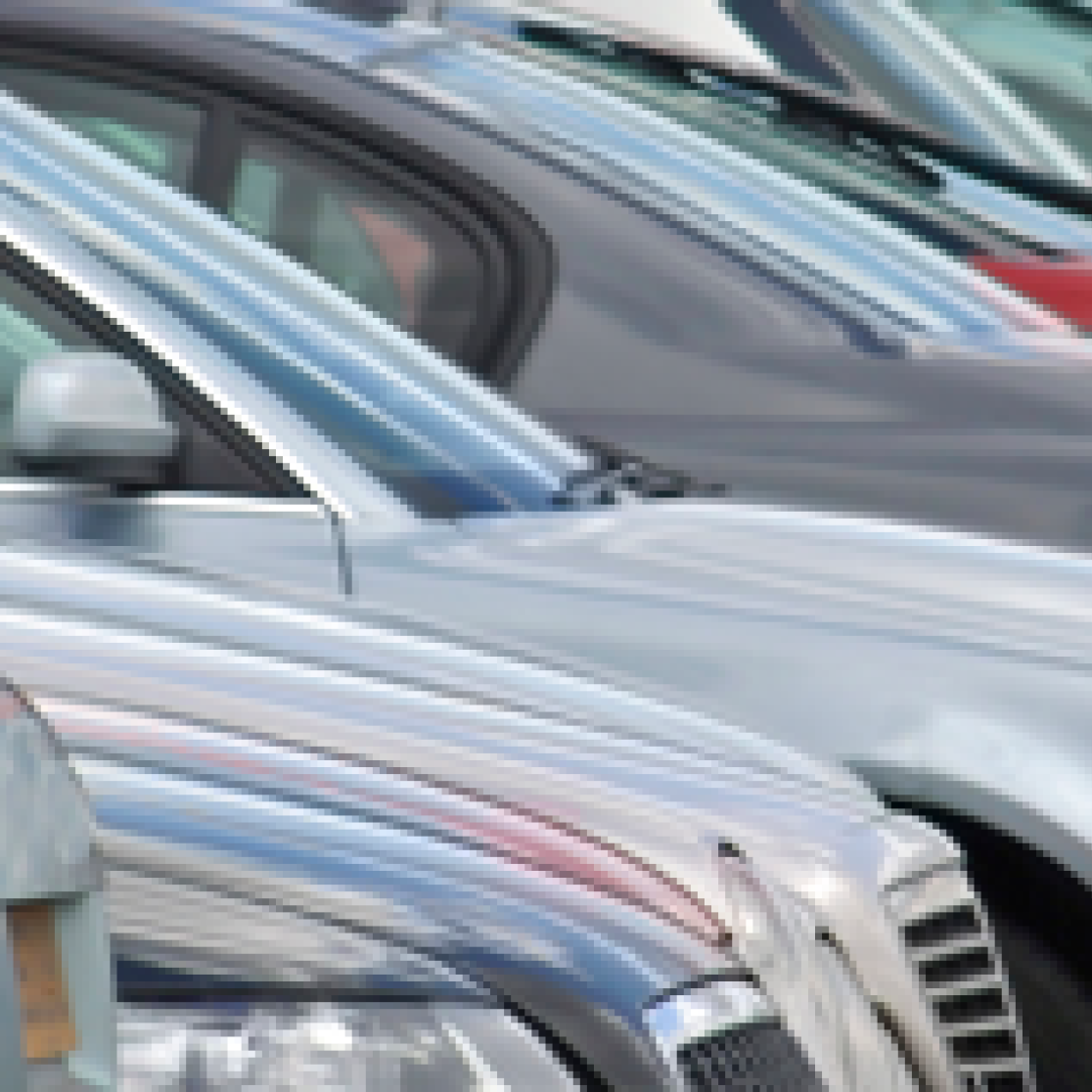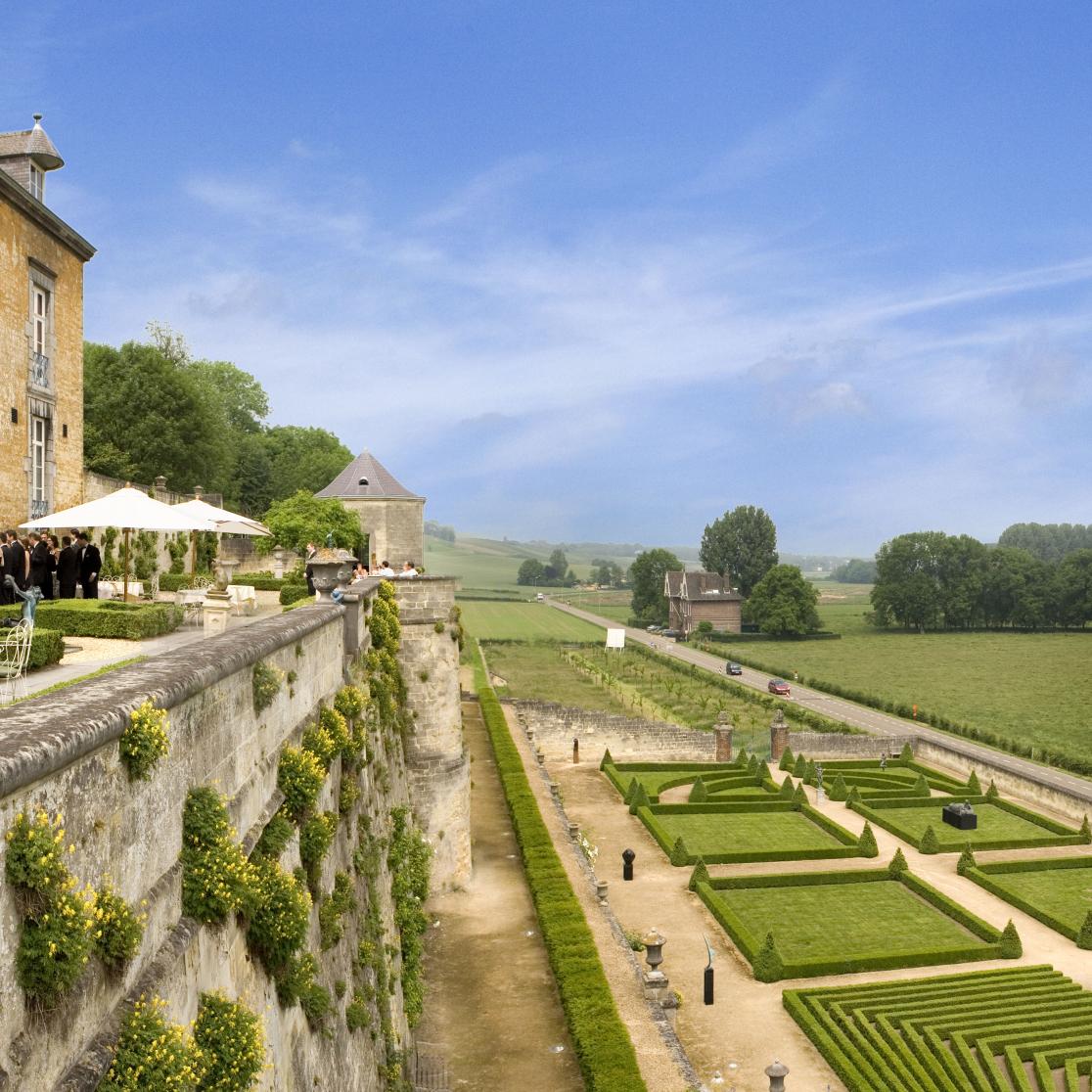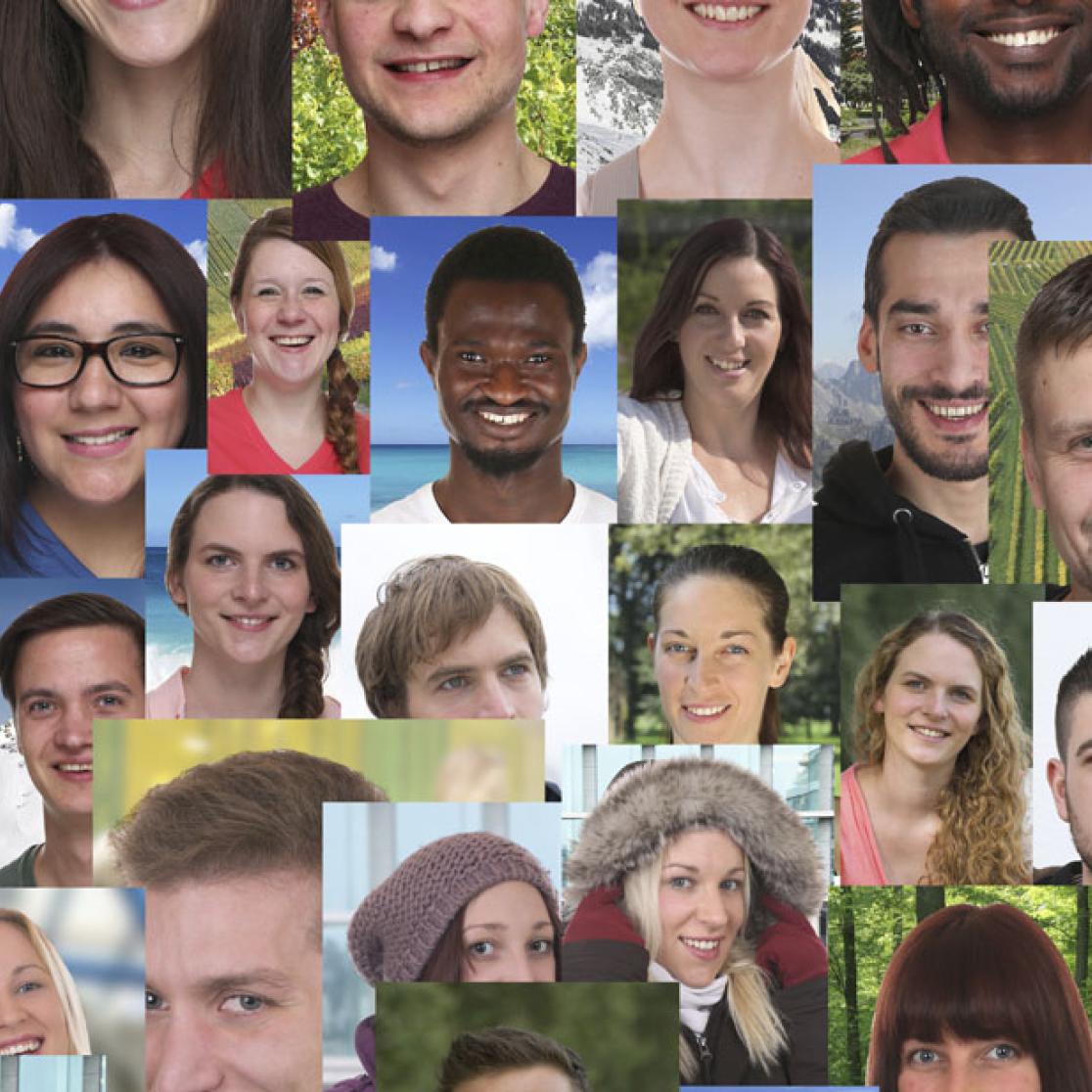Accommodation
Student housing in the Netherlands is not arranged by the university. Finding a room is your own responsibility. In Maastricht there is a shortage of student housing. Finding a suitable place to stay can be difficult and time-consuming. We advise you to start looking for accommodation as soon as your application has been conditionally approved.
Although Maastricht University cannot assist students in finding accommodation, we do want to offer you tips in your search for housing.
Maastrichthousing
Most exchange students end up staying in the UM Guesthouse (C or P building) via Maastrichthousing. Maastrichthousing is affiliated with Maastricht University. The UM Guesthouse offers furnished single and double rooms and studios at 13 locations in Maastricht. The main buildings are located in the vicinity of UCM and are easily accessible by bike or on foot. The minimum stay is 3 months, maximum of 12 months.
Services UM Guesthouse
- Own reception, helpdesk and technical services
- 24/7 on campus surveillance with direct contact to Guesthouse staff
- Cleaning of all common areas (kitchen, showers, toilets, etc.)
- On campus availability of a General Practice Center, Pharmacy and Travel Clinic
- Large outside area with lawns, tennis courts, basketball field and parking places on Annadal Campus
- ATLAS, the home of Erasmus Student Network (ESN) is located on campus
- The rental price includes electricity, heating, water, taxes, cleaning, etc. No additional bills.
Unfortunately, we cannot guarantee that all students who apply for a room in the UM Guesthouse actually get a room there. Applications are processed on a first-come-first served basis, and we have no influence on that process.
If you want a room in the UM Guesthouse, go to Maastrichthousing. To book a room you first need to register as user; registration costs are non-refundable.
If the UM Guesthouse is fully booked, or if you prefer to stay elsewhere, you can click on the option private market or housing corporations. You may also browse the internet yourself. Do note that most private landlords offer only contracts for a year. Most housing corporations mostly offer unfurnished housing.
Some students choose to live in Belgium, where accommodation may be cheaper and it is possible to commute by bike to Maastricht. However, this choice means that you will need to register yourself with the Belgian municipality, and may face additional bureaucratic steps that are not covered here. Bear in mind that if you are a non-EU student and you have a residence permit for the Netherlands, you cannot live in Belgium or any other EU country (bordering the Netherlands).
Legal aspects, regular and irregular housing expenses
We recommend you to acquaint yourself with the legal aspects of renting accommodation and with the regular and irregular housing expenses. That way you will know what to expect and will be able to avoid unnecessary bills or disagreements when you leave. For more information check MyMaastricht.
Avoid getting scammed
Here are some tips on avoiding scams in the Dutch rental market:
- Does the offer sound too good to be true? Then it probably is.
- Always check the address of a room that is on offer; e.g. via Google, Google Maps.
- Always check the credentials of the person offering a room; e.g. ask the person to provide a telephone number. Landline phone numbers in Maastricht start with 043 or +31-43 when the country code of the Netherlands is added. Google whether a name has been used before in a fraud scheme. Ask if you can register with the council at the address. If not, that's a red flag.
- Never trust people who claim not to be able to arrange a viewing; e.g. because they are not in the Netherlands.
- Never transfer money in advance
- Never transfer money to Western Union, PayPal accounts or to foreign accounts.
Please take the following dates into account when booking housing:
Note that you need to make sure you arrive in Maastricht at least one day before the compulsory introduction days. The last day you have to be present at our school is the last day of the exam week or skills weeks. If you want to take a resit (=second chance to pass the exam) you have to be present in Maastricht. In this case the last day you have to be present at our school is the last day of the resit week. Please consult the academic calendar for the concerning dates.
Warning:
Please note that the International Relations Office at UCM cannot and will not interfere on your behalf in case of problems, issues or even legal disputes, neither with the UM Guesthouse, Maastrichthousing, nor with housing agencies, landlords, local students subletting their room or apartment or otherwise. Instead, consult with your own lawyer or check the Housing Helpdesk.
